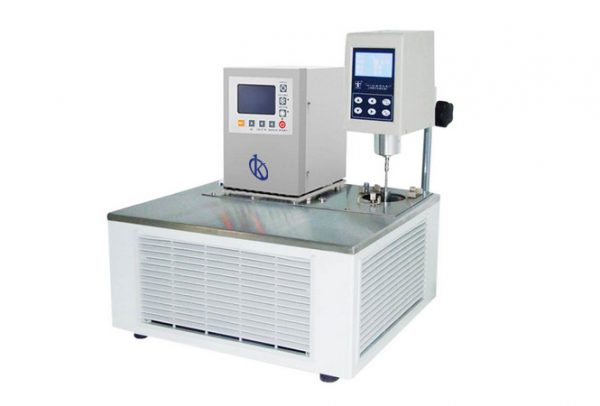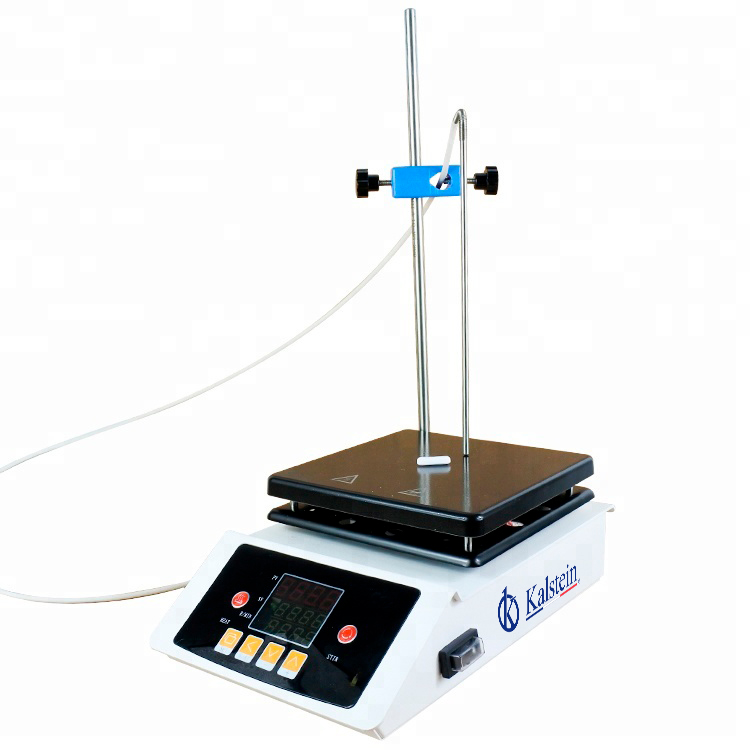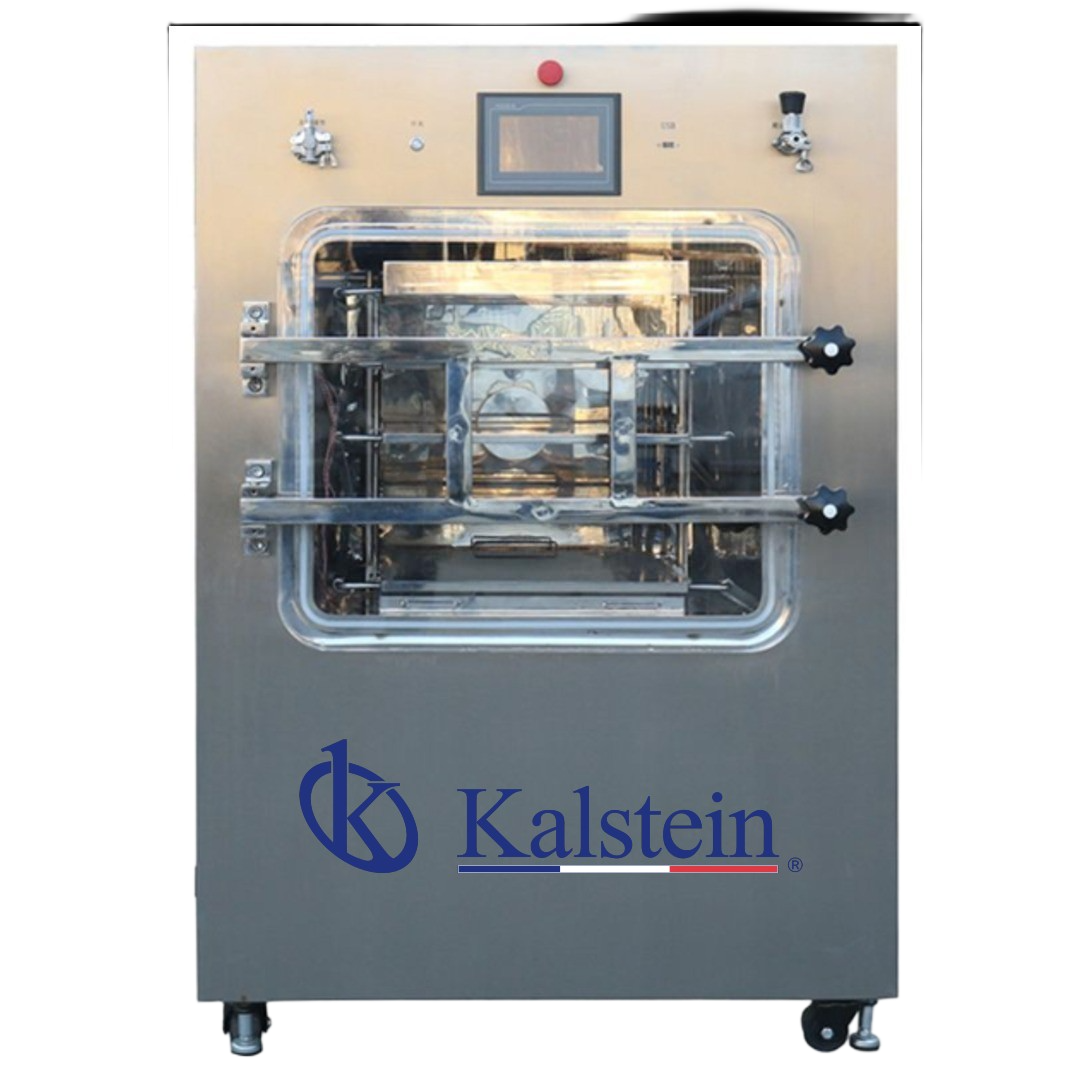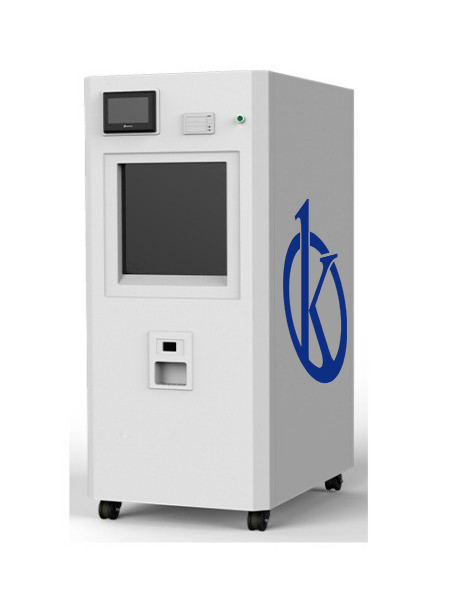Viscosity belongs to the field of rheology, change of form and flow of substances, elasticity, viscosity and plasticity. Since viscosity is the measure of internal friction in a fluid, viscometers act as a tool within rheology. Viscometers have a place in many industries. These instruments are tested on fluids such as sauces, oils, and creams. In the case of the cosmetic industry, the following are sought:
- Consistency.
- Rigidity.
- Processability.
- Fluidity.
These factors make up the desired viscous behavior of cosmetic samples. This makes them important parameters for product development and quality control in manufacturing. In this sense, viscometers are used to check the quality and effectiveness of liquids in areas such as processing influences, formulation changes and aging phenomena.
A common standard in many industries is the assessment of flow behavior, which indirectly reflects quality and consistency. In this sense, rheology is the study of the flow properties of a substance under various factors (temperature, shear speed, pressure, time, etc.); the study of all these factors is critical, since products must arrive in optimal conditions to the consumer.
What is viscosity and how does it affect cosmetic products?
Viscosity, in a nutshell, is the resistance to the flow of a liquid. Water, for example, has a very low viscosity when compared to honey or glycerin; in everyday life it is said that honey is thicker than water. (Water has a viscosity of 1 centipoise at room temperature, while glycerin at 99% purity has a viscosity of more than 1000 centipoise at the same temperature.) The viscosity of a material depends on:
- The structure and arrangement of individual molecules.
- Particle size.
- Of the composition.
- Temperature (most of the time).
This property has an enormous importance and effect on the method of manufacture, the shelf life of the substance, the efficacy, the methods of application, the packaging required, etc. For manufacturers, for example, it is crucial whether they pack a product in a tube, a jar or a bottle and whether pressure must be exerted during application (toothpaste from a tube) or if the product flows out of the container by gravity (a shampoo). It is also important how much pressure is needed during application, and whether the product continues to flow after the pressure is released or remains solid again (compare applying a lotion with a butter on the skin).
Why is viscosity important in the cosmetic industry?
Viscosity is crucial in how the substance is handled, how it is packaged and how it will be used by the person. On the other hand, for some products, viscosity is a measure of efficiency for most consumers. Would you buy a body cream that looks very liquid? Or would you buy the thickest one?
The viscosity of a cream, i.e. the thickness, is also considered by most consumers as a measure of efficacy. The thicker and creamier a cream, the richer the product. At least that’s what people think. However, the viscosity doesn’t tell you much about how nourishing or moisturizing a cream is. This is mainly determined by the ingredients. After all, a milk-like cream can moisturize better than a very rich one. However, for this very reason, producers tend to make the richest and creamiest moisturizers possible, as well as conditioners, for example.
However, viscosity and rheology are not only important in the cosmetic and pharmaceutical industries. Regardless of where you work with a liquid or paste, the flow properties are important and crucial. Imagine a ketchup, or the durability of a cappuccino’s foam, the flow properties of the cement when you pour it, or a paint when you spray it. Ah, yes, and very important: the viscosity of the blood in the circulation.
Why buy a circulation bath for viscosity measurements?
Viscosity measures support each stage of the production of cosmetic products, both for the handling of the substances, their packaging and the perception that the consumer will have. In this sense, the circulation bath of the manufacturer Kalstein serves as a support to maintain the sample temperature in the conditions required for the viscosity measurement.
This equipment, available for consultation at the link HERE, can control the sample temperature between -5 to 99.9 degrees Celsius, with an accuracy of about 0.1 degrees Celsius. In addition, it is built in a stainless-steel body so that it lasts for a long time. The price, quotation or purchase management can be made in the previous link or in the main link HERE




